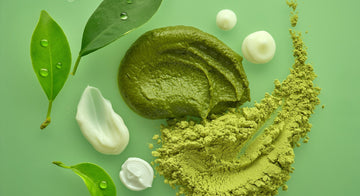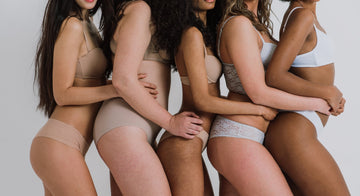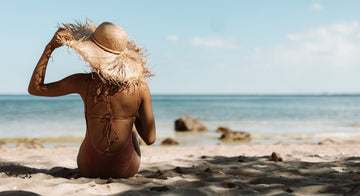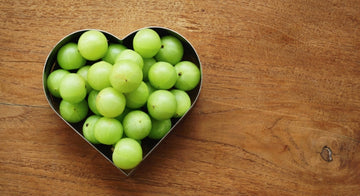Alternative washes
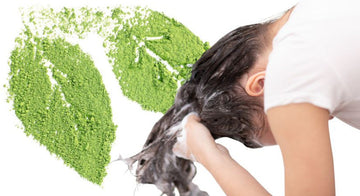
The age-old question of frequent or very frequent washing plagues the lives of many people today for various reasons, the main ones being: oily skin, smog in big cities, and sports activities.
As summer approaches, the number of weekly washes usually increases due to greater perspiration or visits to beaches or swimming pools.
Faced with this frequent weekly washing routine, the questions that arise are always the same: does washing your hair with shampoo multiple times a week really hurt? How much does it hurt? How can you remedy or prevent the problem?
Experts tell us that the constant use of foaming surfactants stresses the scalp, causing it to produce more sebum than normal. This sebum is theoretically meant to defend our skin, which is attacked and stressed by a deep cleansing that we feel is necessary.
In the case of oily skin, it is now proven that the so-called rebound effect occurs, which is the opposite of the desired effect: even oilier skin and hair that gets dirty faster and faster. In other cases, however, you risk altering the pH of the scalp, one of our main defenses against harmful bacteria in contact with the skin.
This brings us to the most important question: what can be done to remedy or prevent the problem? The most important and useful answer, which has been spreading among many "serial washers" for a few years, has been that of alternative washes, i.e., alternatives to shampoo. These gentle methods, different from the classic ones, have proven to be a real godsend.
This is how the practice of alternating classic shampoos with lighter products, the so-called low-poo or no-poo washes, came about. Let's try to understand better what these techniques are and how they work.
- Low-poo washing refers to washing with a product containing very mild surfactants , gentle preservatives, and specific extracts; therefore, we are talking about a delicate shampoo designed specifically for daily use. Our further advice is to always opt for certified organic products, which offer an added guarantee regarding the raw materials used in their formulation.
- No-poo, on the other hand, refers to washing without surfactants , or with balanced surfactants that do not have a cleansing function (therefore, in minimal percentages only to support the structure of the formula).
The most uncompromising followers of the no-poo movement recommend using only water, but for those who want to reduce shampoo use without being so radical, there are several solutions:
CO-WASH
Anyone familiar with alternative washing methods knows about co-washing , which stands for Conditioner Only Wash , meaning washing your hair only with conditioner .
In homemade versions, DIY co-wash is obtained by adding sugar to the conditioner, to create a conditioning product with a scrubbing effect. Commercially available products, of course, are much more complete and functional, such as the Phitofilos Detangling Co-Wash , which combines plant saponins with apricot kernel microgranules for ultra-gentle yet highly effective cleansing.
LAVANTI PLANTS
Another no-poo solution is undoubtedly cleansing herbs. Some plants, in fact, contain plant-based saponins, allowing them to be used for very gentle cleansing.
Of course, you shouldn't use cleansing herbs when your hair is very dirty, because the gentle cleansing action won't be able to thoroughly clean a head of hair with a lot of accumulated dirt. Instead, they are particularly suitable, alternating with gentle shampoos and low-poo washes, in a weekly routine.
The most effective plants for this purpose are Shikakai and Reetha , which are in fact two of the basic ingredients of our Cleansing Pack , a 100% plant-based blend.
Using plants to wash your hair is very simple: just add warm water to the powder, mix, and obtain a paste that is slightly more liquid than that normally used for classic herbal hair masks. Apply to damp hair, especially to the scalp, massage for a few minutes, and rinse.
These solutions will allow you to cope with periods when frequent washing is necessary without compromising the health of your scalp and hair!
In the case of oily scalp, introducing alternative washes alongside the use of classic shampoo, you will usually start to notice that your hair stays clean longer and, gradually, you will be able to extend the time between washes. In fact, these solutions are not intended as palliatives or temporary remedies, but aim to solve (or alleviate) the problem permanently.
This article certainly doesn't intend to portray classic shampoo as an enemy, but rather aims to explain how it should be used in the right quantities based on individual needs. Everyone is different, each person has their own lifestyle and needs. Therefore, it's important to learn to recognize your scalp's needs to treat it properly!

